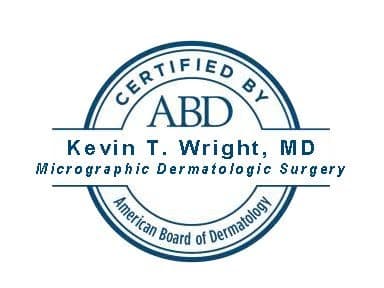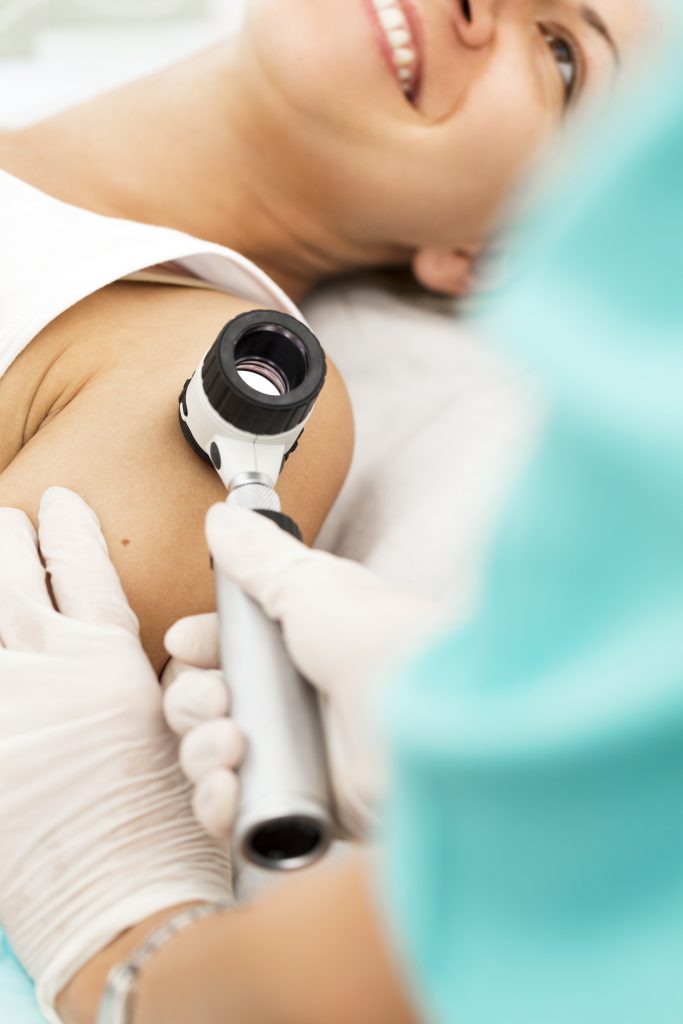What Is the Best Treatment for Skin Cancer?
Dermatology is both a science and an art; we customize your treatment recommendations based on the cancer type, location, functionality of the treatment (how a treatment affects you), and its cosmetic outcome (how it will look).
The first step in your treatment will often be a biopsy of your concern to determine whether it is cancerous and which types of cells it contains. For non-melanoma skin cancers, your dermatologist can often treat these with a simple excision.
For cancers that present a greater risk, or that occur in cosmetically or functionally sensitive areas (such as near an eye or over the nose), Mohs micrographic surgery has been the treatment of choice recommended by the American Academy of Dermatology. This surgery removes cells layer by layer to eliminate the cancer while minimizing damage to surrounding tissues.
GentleCure IG-SRT is a new, groundbreaking nonsurgical option for treating certain types of skin cancer. This radiation-based therapy boasts shorter treatment sessions with no downtime, an excellent cure rate, and superior cosmetic results. Your dermatologist can advise if you’re a good candidate for this treatment.
How Can I Prevent Skin Cancer?
Our providers firmly believe in the importance of avid sun protection, self-examinations, and an annual skin cancer screening by a dermatology provider. Our providers perform thorough total body skin exams (TBSE) utilizing dermoscopy, and arm our patients with information to best protect themselves and lower their melanoma risk factors.
Often, skin cancer screenings let us catch and treat pre-cancerous lesions, often with minimally invasive photodynamic therapy (PDT), before they evolve into greater concerns.
Remember: Sunlight damages the skin. Over time, this damage leads to premature sagging, wrinkling, dulling, freckling, and increased roughness. Think of leather left too long in the sun; It dries, cracks, and deforms, losing its smooth texture and becoming brittle. Skin tags, pre-cancers, and even skin cancer are directly and proportionally connected to cumulative sun exposure over the course of your life. Protecting your skin now means enjoying happy, healthy skin for years to come.






